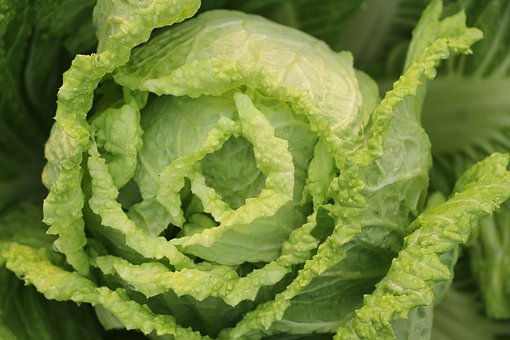The humble cabbage has outsized health benefits.
When steeped in salt and set aside to ferment (sauerkraut), the payoff includes probiotic potential.
Take a look at the nutritional goodness in one cup of sauerkraut:
- 32 calories
- 4 grams of fiber
- 35% Percent Daily Value (DV) of needed Vitamin C,
- 102% DV vitamin K,
- 12% DV iron
- plus vitamin B6, folate, calcium, potassium, and copper
When fermented and stored without excessive heat, sauerkraut also includes probiotic benefits. Other healthful components of sauerkraut are: isothiocyanates, which are thought to prevent cancer growth; indole-3-carbinol, another cancer fighter; and flavonoids which can also be beneficial against heart disease.
One review which appeared in Global Advances in Health and Medicine searched broad databases across the years for information on health properties of sauerkraut. Nearly one-fourth of the 139 published reports evaluated nutritional value.
The most common probiotic produced appears to be Lactobacillus plantarum.
But many commercial products have been pasteurized which will destroy the bacteria. If the bacteria were not killed via pasteurization, the cans or jars would expand and burst. Also the preservative sodium benzoate will destroy bacteria. Look on the labels to see if it is included and also if probiotics have been added.
Fresh sauerkraut with all its bacteria intact can be purchased at farmer’s markets or some supermarkets. Look for them in the cold cases.
But if you can wait a month, make your own batch.
Sauerkraut is simple to make. Mix salt and cabbage in a proper vessel and forget about it until the sour splendor wafts throughout the house. YouTube videos abound:
Sauerkraut isn’t perfect. High sodium seems to be the deal breaker for some, but if you wash it thoroughly and avoid other high sodium foods, you should be able to indulge.

